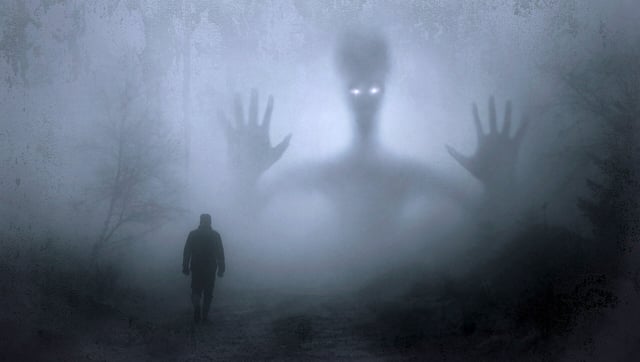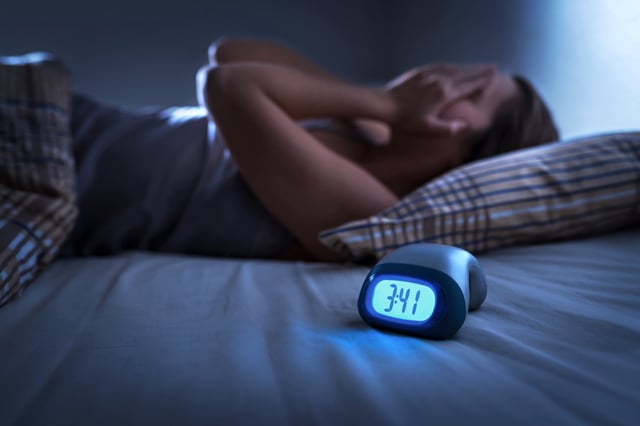Overview
- A conference abstract presented at the European Academy of Neurology reports that adults who experience weekly nightmares face nearly three times the risk of dying before age 75 compared with those who rarely have bad dreams.
- Analysis of more than 180,000 participants from U.S. and U.K. cohorts showed that nightmare frequency correlates with faster biological aging as measured by three epigenetic clock algorithms.
- Researchers found that accelerated epigenetic aging accounted for approximately 39 percent of the increased premature mortality risk among frequent nightmare sufferers.
- Critics note that the study relies on self-reported dream frequency and single-time epigenetic assessments and has not yet been published in a peer-reviewed journal or replicated across diverse populations.
- Low-cost interventions such as cognitive behavioral therapy for insomnia and imagery rehearsal therapy are highlighted as promising strategies to reduce nightmare frequency and potentially mitigate stress-driven aging.


